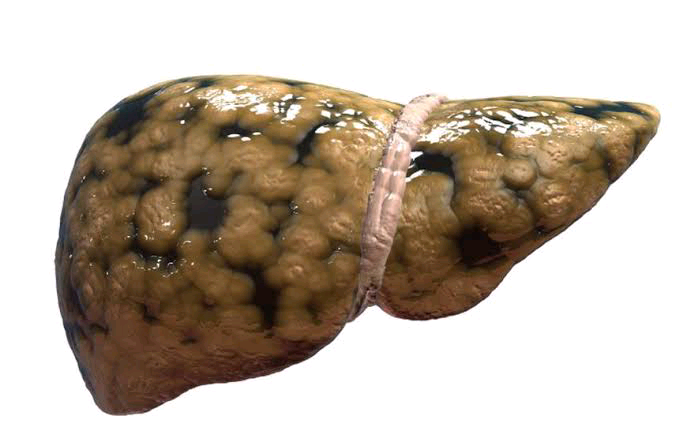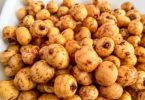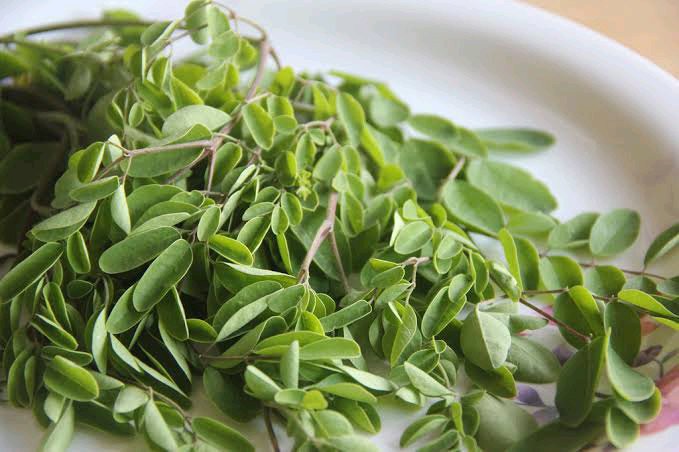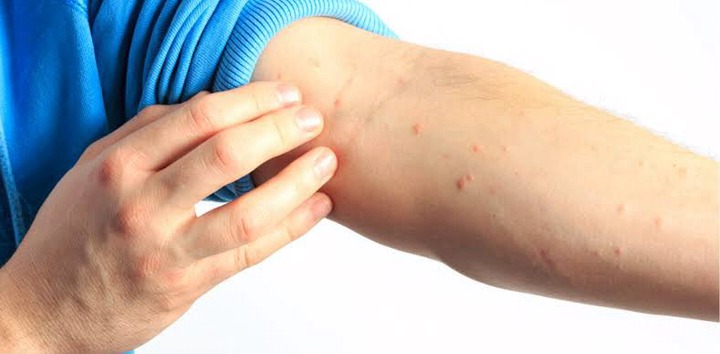
We consider the liver to be one of the most important organs in the body. It is also one of the largest in size. It is located in the upper right-hand corner of the abdomen and is partly protected by the ribs.
The liver performs several important functions that are necessary for human life. Therefore, it must be well cared for and not neglected.
Typical liver diseases
According to healthline, there are more than 100 different diseases that can affect this organ.
These are the most common:
– Alcoholic liver disease
– Viral hepatitis A, B and C
– Cirrhosis of the liver
– Fatty liver and many others.
Early symptoms of liver disease are often missed because they are vague and non-specific and can resemble other diseases.
It is therefore very important to recognize these symptoms early, start liver care and halt the progression of the disease.
Such early symptoms include the following health problems:
– Chronic fatigue.
– Lethargy.
– Anxiety and depression.
– Feeling hungry or unwell.
– Headaches.
– Chronic muscle and joint pain.
– Acne and other skin problems.
– Flatulence.
– Belching, constipation.
– Hormonal balance.
If you experience any of the above symptoms, do not ignore them. You should then seek medical advice, just in case.
And remember that these are just some of the symptoms of a diseased liver. Some people also have difficulty losing weight, for example, even if they exercise regularly and eat a healthy diet.
What to do if you have a liver problem
1. Make sure to drink plenty of water.
3. Consume whole foods (meat products other than sausages and salami), grains, fermented foods, nuts and seeds.
4. Avoid inflammatory oils (canola, corn, soya, and sunflower).This is due to excessive intake of omega-6 fatty acids.
5. Consume healthy fats (butter, avocado, coconut, flax, olive, and hemp oils).
6. Cut out all processed sugars from your diet.
7. Consume plenty of fiber, such as chia seeds, artichokes, avocados, broccoli, Brussels sprouts, and so on.
8. Limit your daily fructose (fruit sugar) intake to 20 g.











Leave a Comment